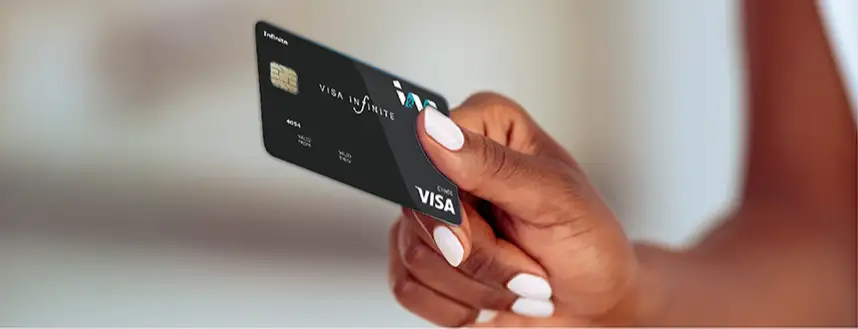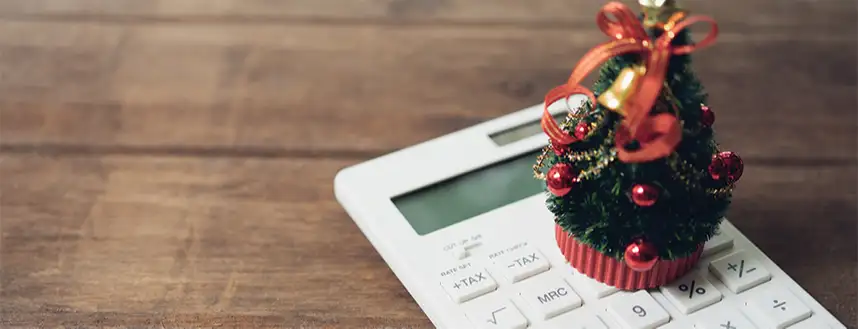Do you Really Understand Credit Cards?

Talk about credit cards? Certainly!
A credit card is a financial instrument that allows you to borrow money from a lender in order to make purchases or withdraw cash. When you use a credit card, you are essentially borrowing money from the credit card issuer up to a certain limit, and agreeing to pay back the borrowed amount plus interest.
Credit cards can be a convenient way to make purchases and access cash. It is important to use them responsibly in order to avoid debt and maintain a good credit score especially during this inflation period. To use a credit card, you will need to apply for one & be approved by the issuer like I&M Bank. You will be given a credit limit, which is the maximum amount that you can borrow at any given time.
You can make purchases or withdraw cash up to this limit. Each month, you will receive a statement detailing your purchases and any fees or interest charges that have been applied to your account. You will then have the option to pay off the entire balance, or just a portion of it. If you only pay a portion of your balance, the unpaid amount will accrue interest, which can be expensive over time.
Also read on possible ways of Managing Credit.
There are many different types of credit cards available, each with its own features and benefits. Some credit cards offer rewards programs, such as cash back or points for every dollar you spend. Others may have lower interest rates or offer introductory promotions such as no interest for a certain period of time.
It is important to compare credit cards and choose one that best meets your needs and financial situation. It is also important to use credit cards responsibly in order to avoid debt and maintain a good credit score. This means, only using your credit card for purchases that you can afford to pay off in full each month and not exceed your credit limit. If you use credit cards responsibly, they can be a very useful financial tool.
Also read 5 things to look at when choosing your potential Business banking partner.
By Omido Joshua








